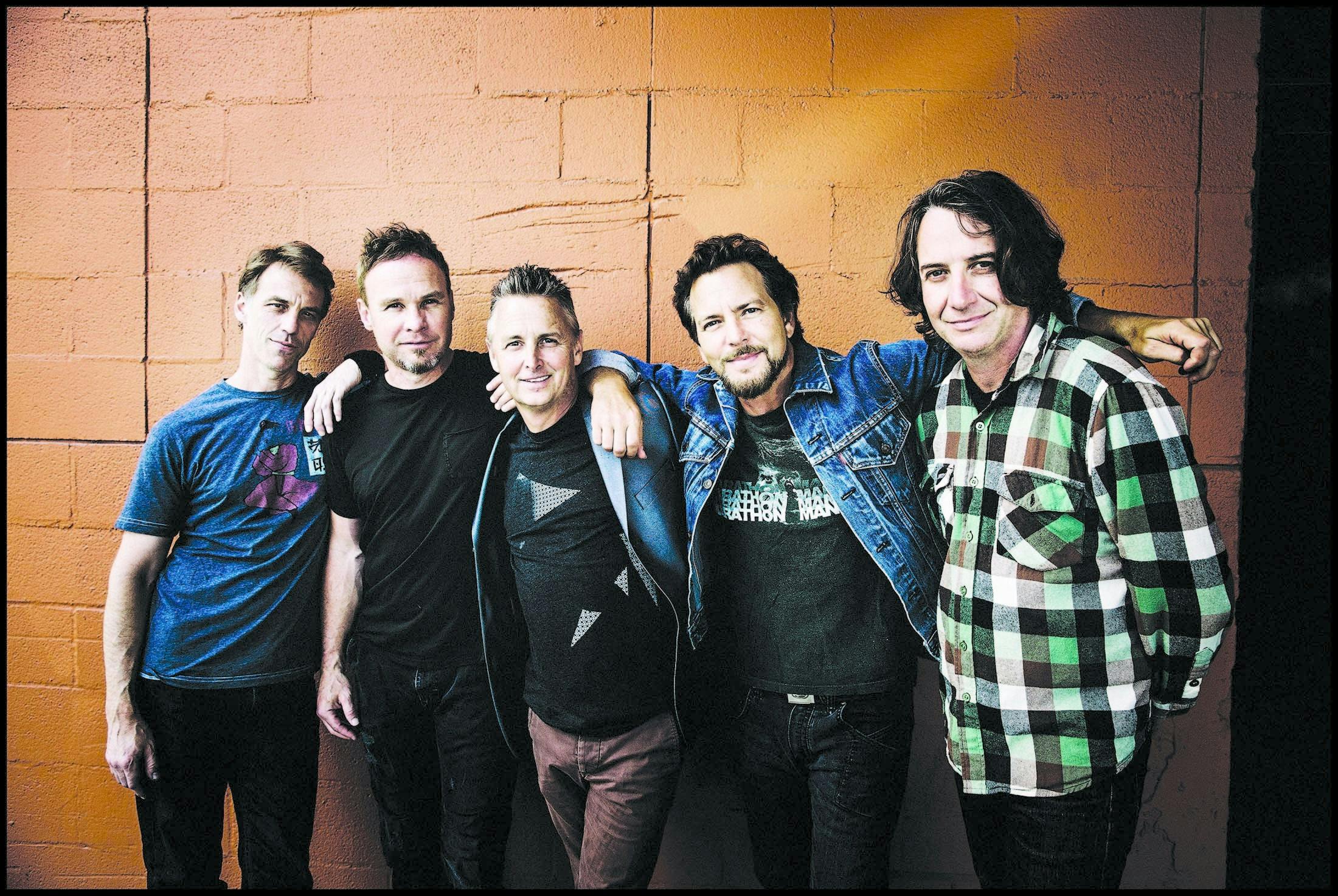Today, K! asks him for a somewhat more comprehensive overview of his life’s work.
“It’s insane,” explains Jeff. “It’s the greatest thing of my life, the relationships and the people I’ve been able to play music with. For a kid from small-town Montana, it’s so beyond any sort of dream. It really is unbelievable. I’ve been lucky my whole life to play with not just great lyricists and songwriters and singers, but also great drummers and guitar players.”
It is hard not to think of one of them in particular in 2018.
Pearl Jam have played their resplendent song Come Back 48 times live, but none has been as powerful as their rendition at Movistar Arena in March.
“This is for Chris,” said Eddie before striking the serene first chord of the song.
With Chris Cornell’s tragic death, the world lost an artist whose legacy, Jeff says, is “one of the best ever”. But for Pearl Jam they also lost a best friend, a peer and a bandmate (Matt Cameron was double-shifting with Soundgarden, and Pearl Jam had reunited Temple Of The Dog with Chris). During one of his June solo shows in London last year, Eddie told the Eventim Apollo that Chris, “wasn’t just a friend, he was someone I looked up to like my older brother.”
Jeff, too, continues to process the loss.
“I think we’re all still trying to understand the whys and hows,” he says. “We just miss him.”
For Jeff, it is even harder to fathom given that just two years ago he was onstage, alongside Chris for Temple Of The Dog’s reunion shows. It is heartbreaking to reflect that a band that so eloquently put words to the grief felt over the fatal overdose of Seattle luminary Andrew Wood (both Chris’ roommate and Jeff’s singer in Mother Love Bone) has now, too, lost its voice.
“The shows were so beautiful,” he continues. “I think everybody was playing at such a high level – a level we wouldn’t have been able to play at when we made that record.”
As he recalls them covering Led Zeppelin’s Achilles Last Stand onstage together, his steady stream of words slows down.
